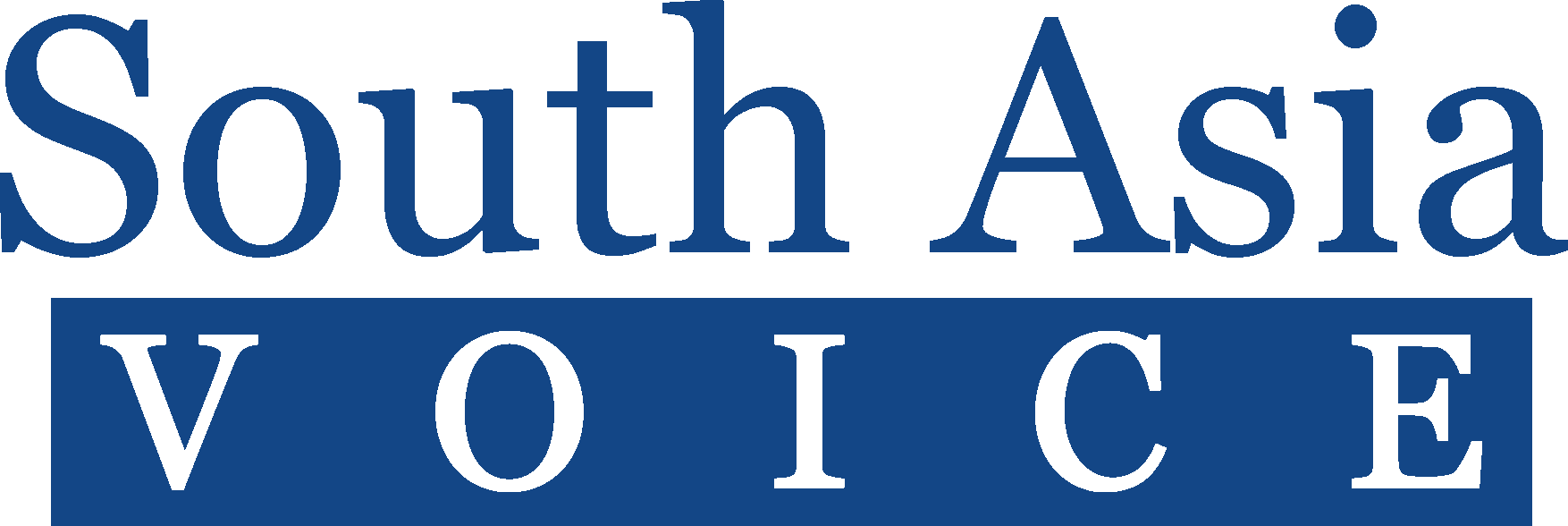Equal rights in Bangladesh refer to the freedom to exercise one’s basic rights and freedoms without hindrance on the basis of one’s gender, religion, race, caste, socioeconomic status, or any other criteria. Bangladesh is experiencing a sea change.
Equal rights for men and women are guaranteed by the nation’s Constitution. On the ground, though, things are quite different. Women encounter barriers to employment and education. When it comes to representation, minorities experience prejudice.
The battle for parity is a lifelong endeavor. We’re going to start investigating the idea of equality in Bangladesh today. We’ll examine the accomplishments to date as well as the difficulties left to be overcome.
Equal rights are frequently ignored in Bangladesh because of a lack of awareness. Gender prejudice in Bangladesh is based on conventions that undervalue women’s rights and capacities.
These have complicated foundations that are inextricably linked to historical, cultural, social, and economic considerations.
Patriarchal traditions still place men as key decision-makers and breadwinners, while women are relegated to inferior roles.
Child marriage persists, restricting girls’ access to education and employment prospects while perpetuating gender norms.
Different people may have different needs and goals. For example, those who are impoverished or lack access to necessities may place a higher priority on ensuring their immediate survival than on social justice concerns like equal rights.
Strongly ingrained cultural customs and norms that support inequality can encourage acceptance of the status quo and make challenging it seem hard or futile.
There might be social or financial repercussions for speaking out against prejudice or inequality, which would cause some people to keep quiet.
People and groups who are marginalized could not have access to platforms for sharing their concerns, legal assistance, or education, which would restrict their capacity to advocate for equal rights.
Real progress requires questioning long-held beliefs and enabling women to flourish as equal contributors to Bangladesh’s progress and development.
Despite Bangladesh’s robust legislative structure that supports gender equality; there are still big differences between what is legally guaranteed and what is really experienced.
The Constitution’s Articles 27 (equality before the law), 28 (non-discrimination), and 29 (equal rights for women) protect women’s rights in all areas.
The Penal Code of 1980, the Dowry Prohibition Act of 1980, which forbids dowries and related harassment, the Women’s Development Fund Act of 1994, which attempts to provide economic empowerment for women, and other laws address particular difficulties that women confront.
The Violence against Women and Children Prevention of Women and Children Repression Act of 2000 addresses this issue.
The Child Marriage Restriction Act of 2023 sets the legal marriage age for both genders at 18.
People with disabilities are guaranteed their rights and inclusion in all facets of life under the Persons with Disabilities Rights and Protection Act, 2013.
Equal voting rights are guaranteed by the electoral laws to all eligible people, irrespective of their gender, caste, or other characteristics.
While the notion of “equal rights” does not include punishing people, Bangladeshi laws do include punishments for breaking these rights.
These fines act as deterrents and give remedies for those who face discrimination as per the Penal Code, 1860 Section 354, Section 354A, Section 354D, Section 375, Section 376, Section 376A, Section 376B, Section 376C, Section 376 Dowry Prohibition Act, 1980.
There are some established cases Nurul Islam and another vs Secretary, Ministry of Law and Justice, Bangladesh Sachibalaya, Dhaka and others (30.06.1992 – BDHC) and Syed Ziaul Hasan, Son of late Syed Khalilur Rahman and others vs Bangladesh (10.05.2006 – BDHC) which promotes equal rights of citizen in Bangladesh.
Important agreements like the Convention on the Elimination of All Forms of Discrimination against Women (CEDAW) and the Convention on the Rights of Persons with Disabilities (CRPD) have been ratified by our nation.
Provide funds and personnel training so that the laws that already protect equal rights can be appropriately enforced.
Encourage equitable participation in leadership positions across sectors by using credentials and merit rather than biased standards.
Provide clear guidelines and procedures for handling and resolving discriminatory incidents in public spaces, educational settings, and the workplace.
Raise public awareness of the need of equal rights and work to dispel prejudiced beliefs and practices.
Gather and evaluate data to identify places where injustices continue, then adjust strategies accordingly.
Encourage studies that deepen our knowledge of discrimination and offer practical solutions for preventing it.
Even if the path ahead may seem convoluted and lengthy, remember that even the smallest efforts taken now will add up to a better tomorrow.
By cooperating, sharing knowledge, and raising our voices, we can create a society in which equal rights are a lived reality rather than just an ideal.
The path to parity persists. Whether it is speaking out against discriminatory practices, fighting against prejudice, or supporting inclusive policies, every one of us has a part to play.
Let’s take proactive measures today to ensure a more equitable future, rather than just talking the talk. People’s decisions now will have an impact on the world tomorrow, therefore make inclusive, empathetic, and relentlessly egalitarian choices.

